In a major development signaling the importance of artificial intelligence (AI) research and workforce development, the United States and Japan have announced two new university-corporate partnerships worth a staggering $110 million. The partnerships, unveiled during Prime Minister Kishida Fumio’s historic state visit to the United States, will foster interdisciplinary collaboration between prestigious universities and tech giants from both nations.
The groundbreaking initiative, announced on April 9, 2024, at the U.S. Department of Commerce Research Library in Washington, D.C., aligns with the commitment made by President Biden and Prime Minister Kishida to advance U.S.-Japan cooperation in science and technology. This commitment aims to develop a talented global workforce and strengthen economic security in both countries.
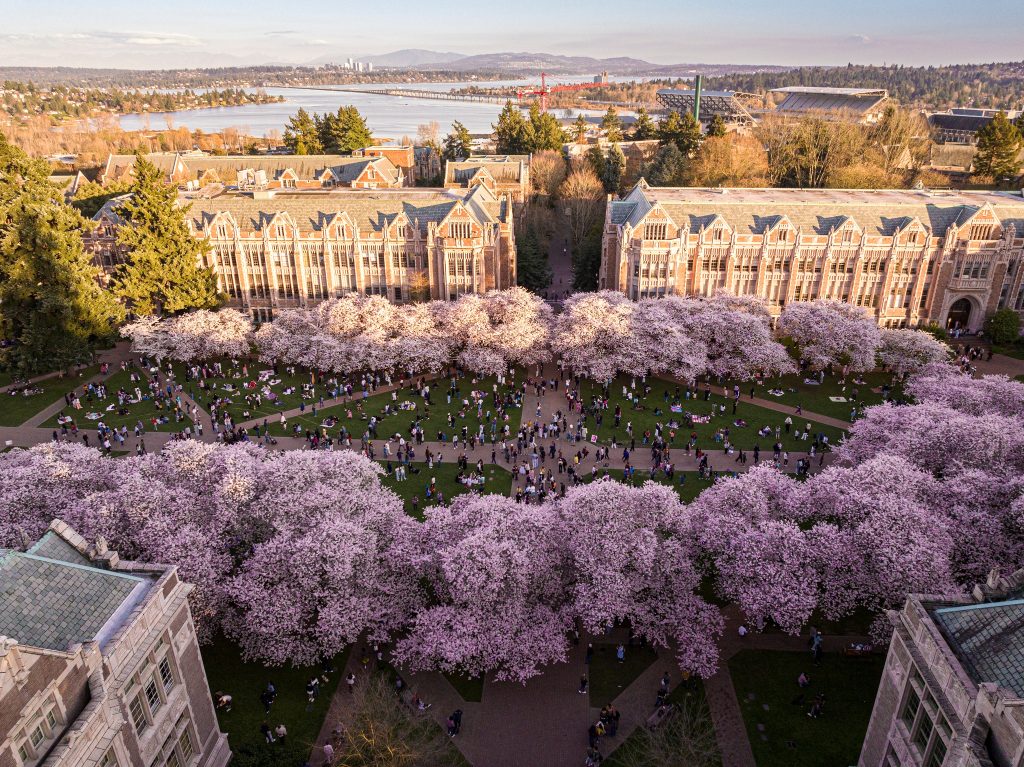
The partnerships, supported by private sector investment from prominent companies such as NVIDIA, Amazon, Arm, Softbank Group, Microsoft, and nine Japanese corporations, will bring together the University of Washington and the University of Tsukuba, as well as Carnegie Mellon University and Keio University.
Addressing the significance of these partnerships, U.S. Ambassador to Japan Rahm Emanuel stated, “Nothing is more important than having trusted partners who can collaborate not only on the technological side of this critical research but on the ethical side as well. With our countries’ shared values and world-leading expertise, these partnerships can help set the standard in this fast-evolving field.”
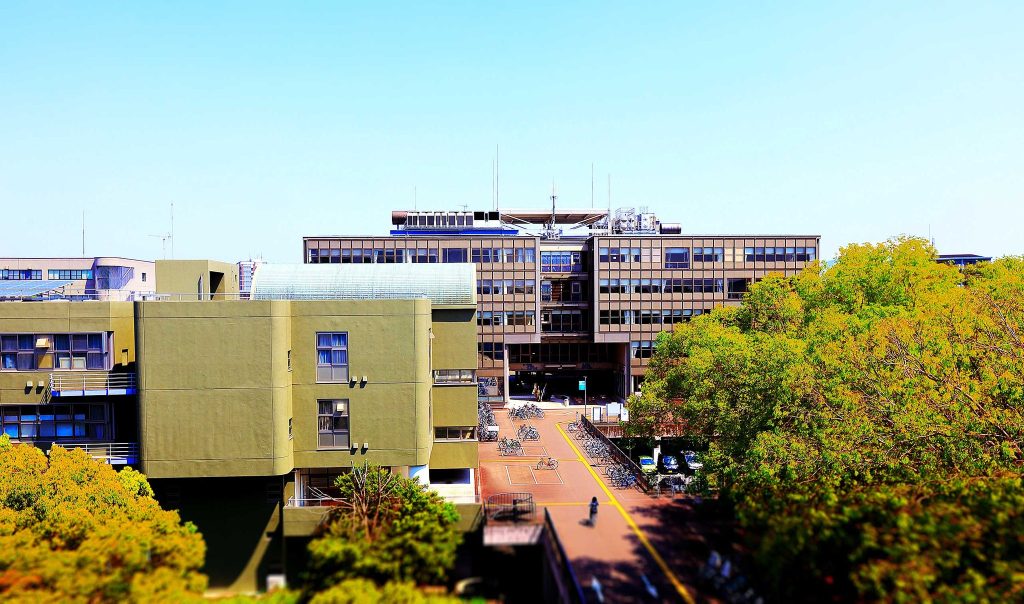
U.S. Secretary of Commerce Gina Raimondo echoed these sentiments, emphasizing the United States’ commitment to working with allies and partners to lead the development of safe and responsible artificial intelligence. “Today’s announcement will build on President Biden and Prime Minister Kishida’s commitment to advance U.S.-Japan science and technology cooperation to develop a talented global workforce and strengthen economic security in both countries,” Raimondo said.
While both AI research partnerships will foster interdisciplinary collaboration across academic departments, faculties, and students, they have distinct focus areas.
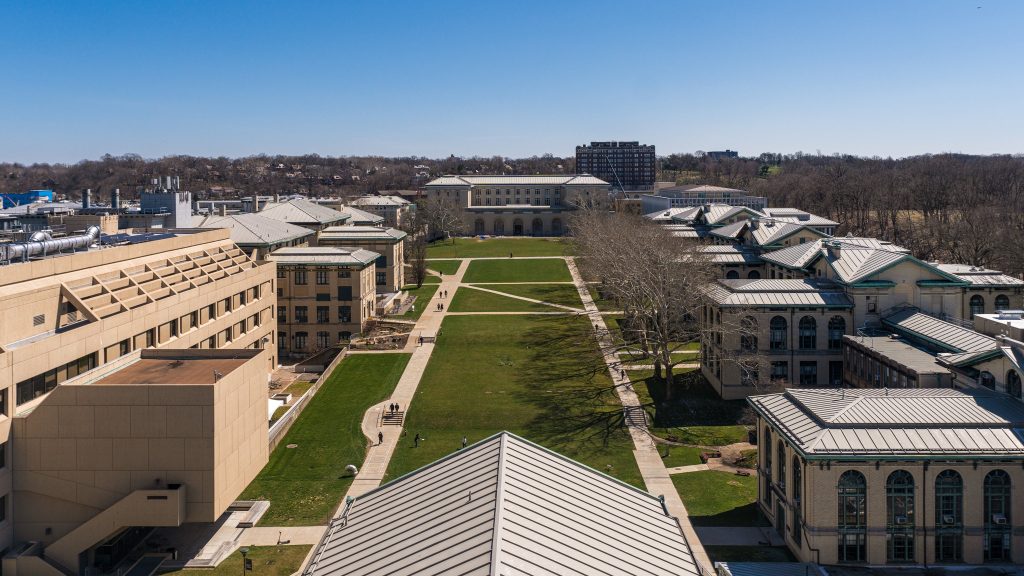
The University of Washington and University of Tsukuba partnership capitalizes on the universities’ locations in science and technology hubs. With unique commercial ecosystems in Seattle and Tsukuba, this partnership will focus on the nexus between AI-related research and workforce development.
“This is an exciting effort that brings together the talents and expertise of two cutting-edge, world-class universities,” said Jay Inslee, Governor of Washington State. “Advancements in AI are happening at a breakneck pace. This collaboration between the University of Washington, University of Tsukuba, Amazon, and NVIDIA will help provide the research and workforce training for our regions’ tech sectors to keep up with the profound impacts AI is having across every sector of our economy.”

The Carnegie Mellon University and Keio University partnership will concentrate on specific research themes, including Multimodal and Multi-lingual Learning, Embodied AI or AI for Robots, Autonomous AI Symbiosis with Humans, Life Sciences, and AI for Scientific Discovery.
Josh Shapiro, Governor of Pennsylvania, emphasized the significance of this partnership for the state’s leadership in AI development and innovation. “Pennsylvania is a global leader in AI development and innovation – thanks in large part of leading institutions like Carnegie Mellon University that have long embraced the promise of new technologies and harnessed their power to transform the way people live and work,” Shapiro said. “Artificial Intelligence is already impacting every sector of our economy – and government leaders need to lean into its innovation to adapt to the rapidly changing technology market ethically and responsibly. That’s the approach we’ve taken in Pennsylvania and why the Commonwealth has partnered with Carnegie Mellon to develop best practices for governing generative AI. This new partnership between Carnegie Mellon University and Keio University will build on Pennsylvania’s and the United States’ global leadership in AI technology – and will empower our workforce, lean into innovation, and capitalize on economic opportunity.”
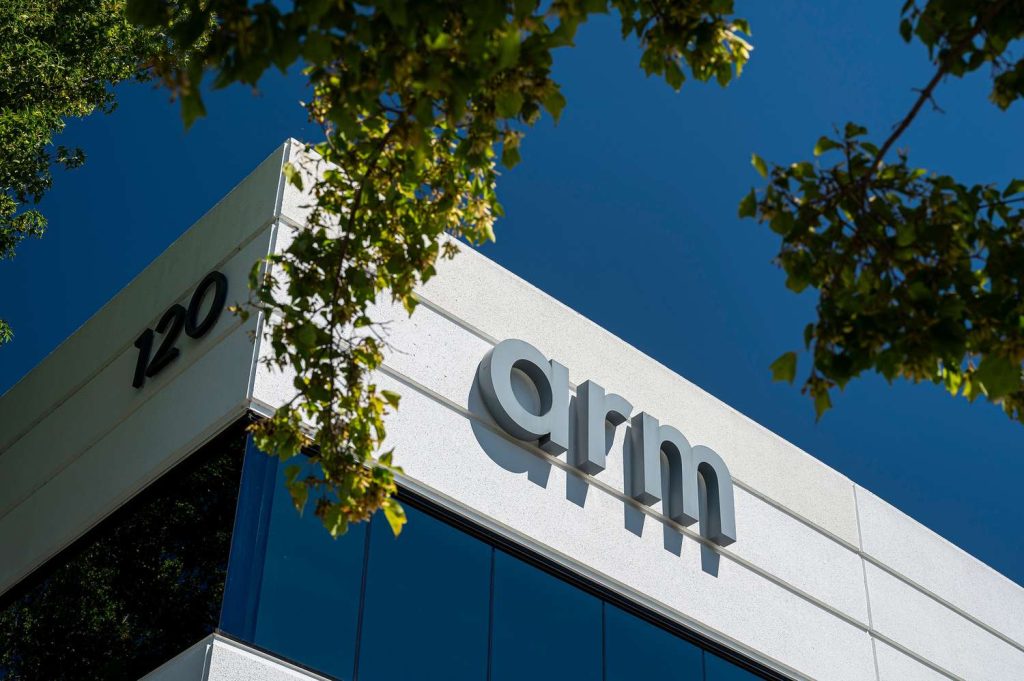
The corporate supporters of these partnerships, including Arm and Softbank Group, NVIDIA, Amazon, Microsoft, and a consortium of nine Japanese companies, underscore the importance of public-private collaborations in advancing AI research and development.
These AI research partnerships are the third strategic university-corporate partnership initiative concluded between American and Japanese academic institutions and the corporate sector since May 2022. Last year, on the sidelines of the G7 Leaders’ Summit in Hiroshima, U.S. and Japanese universities and corporations signed partnerships in quantum computing and semiconductor engineering, supported by a combined $210 million investment from IBM, Google, and Micron.
The Biden administration has been actively pursuing partnerships and initiatives to maintain the United States’ leadership in AI development and responsible deployment. Last week, the administration announced an accord with the UK government aimed at allowing both countries to share valuable information on AI development, research, and national security implications.
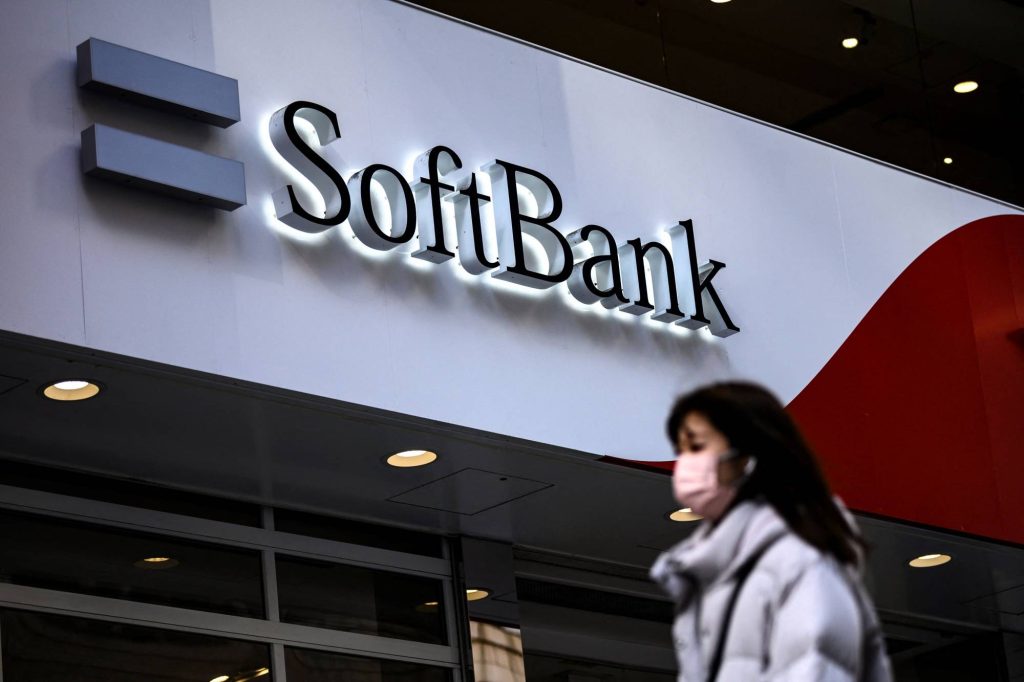
Moreover, the administration has mandated that every government agency must have a plan in place by December 2024 outlining safeguards for using AI. Failure to provide such a plan will result in a ban on the agency’s use of AI in any capacity.
These developments come amidst growing concerns and debates surrounding the ethical implications of AI, particularly with the rapid advancement of large language models and generative AI technologies. The collaborations between the United States and Japan, two nations at the forefront of AI research and development, are expected to play a pivotal role in shaping the future of this transformative technology.
By combining the expertise and resources of leading universities and corporations, these partnerships aim to drive breakthrough innovations while addressing critical issues such as workforce development, ethical considerations, and the responsible deployment of AI across various sectors.
The University of Washington’s role in this initiative is particularly noteworthy, as the institution’s College of Engineering will lead an interdisciplinary team focused on AI-related research, entrepreneurship, workforce development, and social implementation. The university will split $50 million with the University of Tsukuba, with funding supporting research awards, post-doctoral and doctoral students, an undergraduate summer research program, and an entrepreneurship bootcamp program.
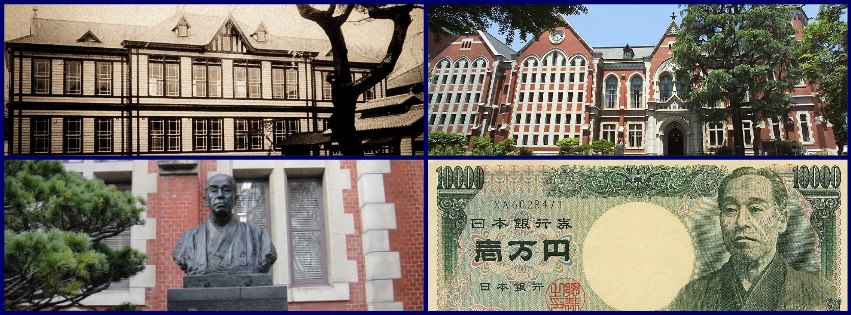
Work areas may encompass a wide range of domains, including healthcare, robotics, climate change, and atmospheric science, reflecting the far-reaching implications of AI across multiple sectors.
In addition to the AI research partnerships, the tech giants involved in this initiative have made significant investments in the region. Microsoft announced a $2.9 billion investment in cloud and AI infrastructure in Japan, while Amazon Web Services committed around $15 billion by 2027 for investments in the country.
The University of Washington also has another connection with Japan through the UPWARDS program, which focuses on semiconductor workforce development in partnership with Micron, Tokyo Electron Limited, and the National Science Foundation.
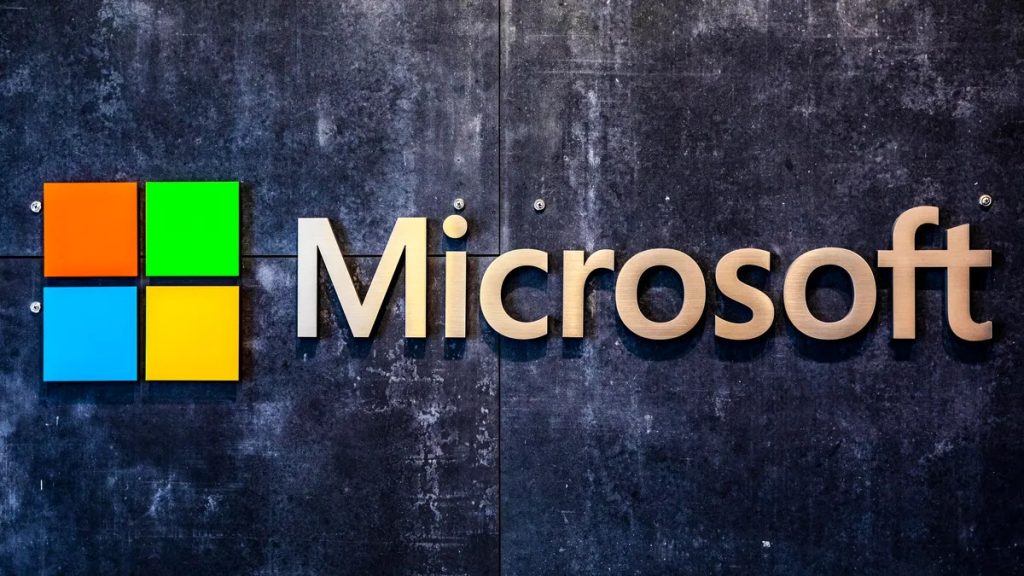
Furthermore, in 2017, the university established a U.S.-China graduate tech institute program with Beijing’s Tsinghua University, which included support from Microsoft and the opening of a Global Innovation Exchange building near Seattle.
These multifaceted collaborations and investments underscore the global nature of AI research and development, as well as the recognition of the pivotal role that universities and academic institutions play in driving innovation and nurturing the next generation of AI talent.
As AI continues to reshape industries and societies worldwide, the $110 million commitment from the United States and Japan represents a significant step forward in fostering international cooperation, advancing cutting-edge research, and ensuring the responsible and ethical development of this transformative technology.
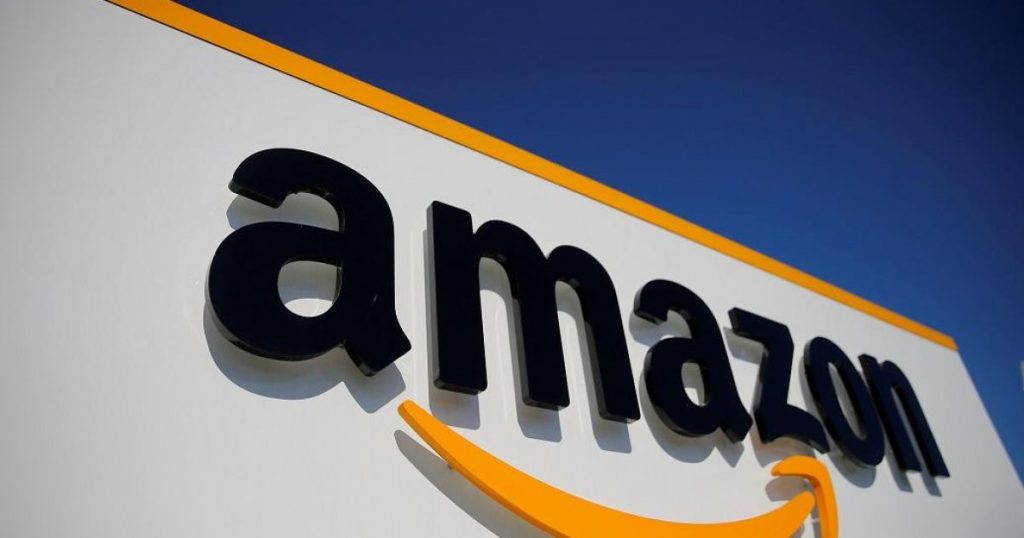
By leveraging the strengths of world-class universities, leading corporations, and the shared values of these two nations, these partnerships have the potential to set a benchmark for collaborative AI research and development, ultimately benefiting not only the economies of the United States and Japan but also contributing to the betterment of humanity as a whole.
Copyright©dhaka.ai
tags: Artificial Intelligence, Ai, Dhaka Ai, Ai In Bangladesh, Ai In Dhaka, Microsoft, Amazon, NVIDIA, University Of Washington



